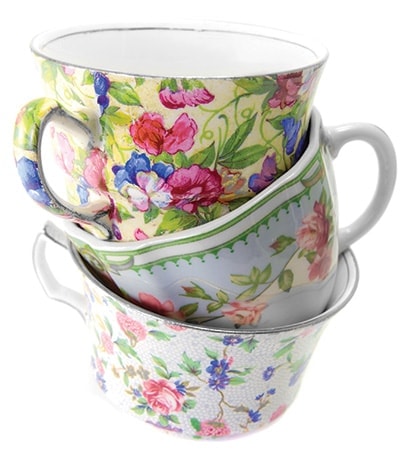
“OK, girls. Can you help me get dinner ready?” My mother spoke quickly as we moved from the car into the house. “Mindy, will you please set the table?”
Still wearing my favorite church dress—the one with pale-pink roses and soft cream lace trim—and filled with 12-year-old self-importance, I led the two girls into the kitchen. I felt sure I knew all there was to know about Sabbath dinner preparation, and I was ready to impress.
We had five small guests eating with us—siblings ranging from 3 to 11 years old. They came from difficult circumstances: their mother was in jail, and their father was in charge yet absent, intent on a very public affair with another woman. As the pastor’s family, we had invited to take them to church and to dinner with us afterward.
The flash of steel and the fast motion of the knife in my mother’s hand quickly chopped a buffet of green, red, and yellow vegetables for a fresh relish tray. Hymns played from the stereo, and rich savory smells escaped from the oven door as the vegetarian roast was reheated. My mouth was already watering. Breakfast seemed so long ago.
I started confidently toward our country-blue china hutch, its glass doors revealing an array of beautiful dishes, glass goblets, and bowls. While their brothers roughhoused and played in the living room, the two girls stood awkwardly, faces grimy and clothes stained, in the middle of the dining room. Their eyes tracked my every movement.
From inside the cupboard I began to pull out my mother’s wedding china. White and richly delicate with gleaming silver trim and a lacy flower design, it caught the light as I counted out the plates we would need. One, two, three, four. . . Next, I would count out the matching fancy silverware. I already knew what my table-setting finale would be: the tall crystal candlesticks. Their glittering cut glass, catching and refracting the light, would surely awe my two young friends.
All of a sudden, out of the corner of my eye, I saw my mother motioning to me. She was shaking her head. What’s wrong? I wondered. Am I in trouble for something? But once she had my attention, she simply smiled and opened one of the kitchen cupboards, silently motioning that I should use our everyday plastic blue dishes.
At first, I stood there confused. Why did my mother not want me to use our special Sabbath china? She was the one who had taught us that Sabbath was a special day, a day to honor God by using only our best. I looked from my mother’s face to the two little girls silently watching me and then back into my mother’s eyes. Suddenly I understood.
That Sabbath we ate from our scarred and battered everyday plastic dishes, and I learned an important lesson. Without saying a word, my mother had taught me the importance of being careful with people’s feelings. That day I realized that showing God’s love to others might not always mean offering your best. It is about making your guests feel comfortable and at home.
In the same way, our churches can have the most beautiful stained glass, the shiniest grand piano, and the richest upholstered pews; but unless people—all kinds of people—feel welcome, we are not truly sharing God’s marvelous love and providing them with a safe church home. Even though that Sabbath dinner happened more than a decade ago, I remember the powerful lesson my mother taught me that day. There are fissures in fine-china Christianity, and truly caring about people’s feelings is how we genuinely honor God.